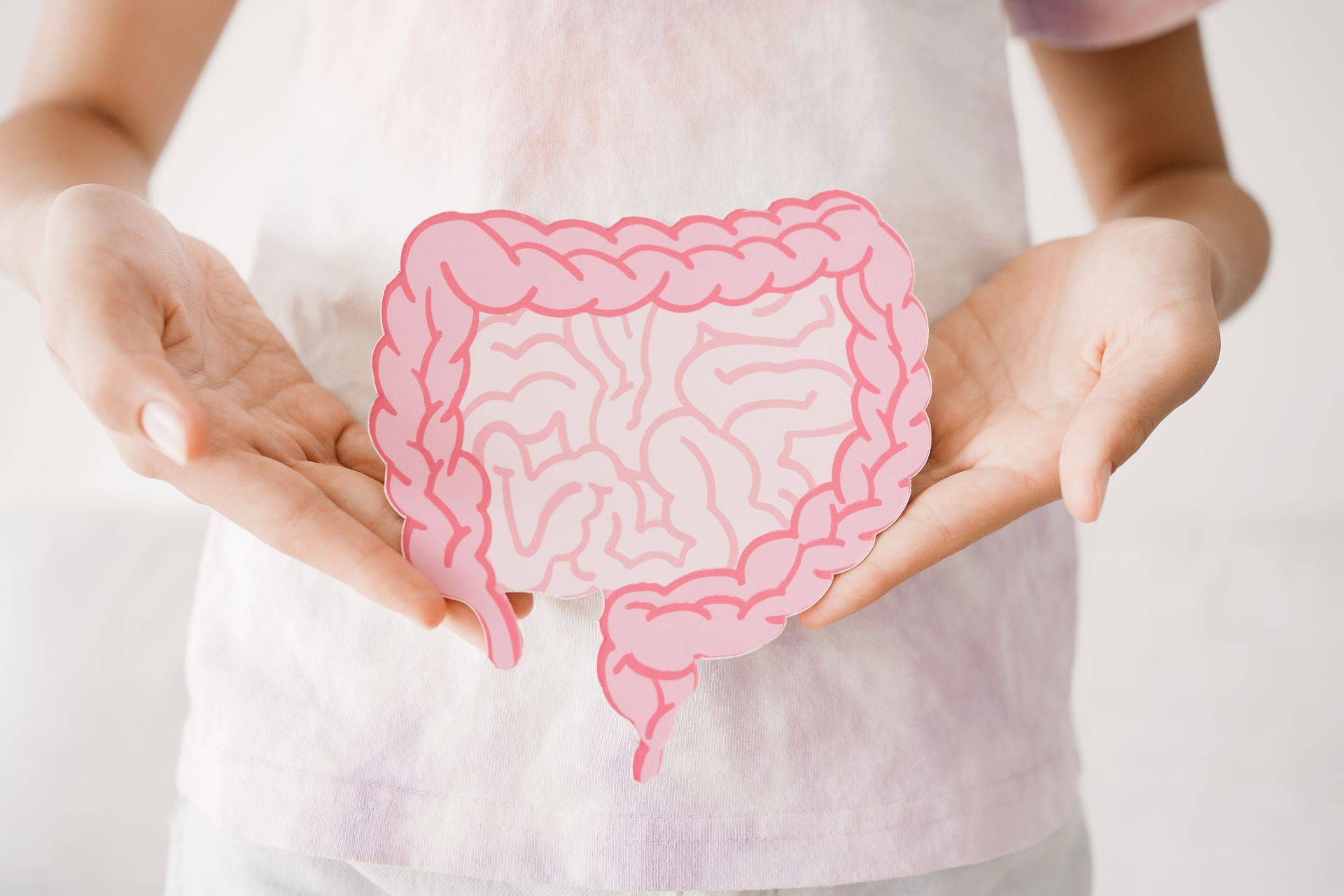Cortisol, often called the “stress hormone,” is essential for survival. It helps regulate metabolism, blood pressure, and your body’s response to stress. But when cortisol levels remain elevated for too long—because of chronic stress, poor sleep, or lifestyle factors—it can silently disrupt your gut health and digestion. Understanding cortisol’s hidden influence can empower you to protect your digestive system and overall well-being.
Cortisol and the Stress Response Cortisol on Gut Health
When you face a stressful situation, your adrenal glands release cortisol. In short bursts, this hormone is beneficial—it sharpens focus, mobilizes energy, and prepares your body for action. Once the threat passes, cortisol levels should drop.
However, modern life often keeps stress levels high. Over time, persistently elevated cortisol can damage tissues, suppress the immune system, and alter gut function.
How Cortisol Affects Digestion
Your digestive system works best in a relaxed, “rest-and-digest” state. Cortisol flips the body into “fight-or-flight” mode, diverting blood flow away from the stomach and intestines. This can cause:
- Slower gastric emptying, leading to bloating or discomfort.
- Reduced production of stomach acid and digestive enzymes, making it harder to break down food.
- Decreased nutrient absorption, which may result in deficiencies.
When cortisol spikes repeatedly, these changes can become chronic, affecting your overall gut health.
Cortisol’s Role in Gut Microbiome Imbalance
The gut microbiome—trillions of bacteria in your intestines—plays a key role in digestion, immunity, and even mental health. Excess cortisol can disrupt this delicate ecosystem by:
- Encouraging the growth of harmful bacteria.
- Reducing beneficial microbes that support gut barrier function.
- Increasing intestinal permeability (“leaky gut”), which allows toxins or partially digested food to enter the bloodstream.
A disrupted microbiome can trigger inflammation, food sensitivities, and even autoimmune reactions.
Cortisol, Gut-Brain Axis, and Mood
The gut and brain are linked through the gut-brain axis. Elevated cortisol not only affects digestion but also mood and mental clarity. A compromised gut can send distress signals to the brain, amplifying anxiety or depression. This creates a vicious cycle: stress increases cortisol, which harms the gut, which then worsens stress.
Signs Your Gut Health May Be Affected by Cortisol
Watch for these warning signs:
- Frequent bloating or gas
- Irregular bowel movements (constipation or diarrhea)
- Increased food sensitivities or intolerances
- Unexplained fatigue or brain fog
- Cravings for sugar or processed foods
If these symptoms persist, consider stress management and gut-supportive strategies.
Lifestyle Changes to Reduce Cortisol and Support Digestion
1. Practice Stress Reduction Techniques: Activities like yoga, meditation, or deep breathing can lower cortisol and return your body to a rest-and-digest state.
2. Prioritize Quality Sleep: Aim for 7–9 hours per night. Sleep deprivation raises cortisol and disrupts gut motility.
3. Eat Mindfully: Chew food thoroughly and avoid eating in a rush. Mindful eating helps stimulate digestive enzymes and improves nutrient absorption.
4. Support Your Microbiome: Consume probiotic-rich foods like yogurt, kefir, sauerkraut, or kimchi, and feed beneficial bacteria with prebiotic fibers from fruits, vegetables, and legumes.
5. Limit Stimulants: Excess caffeine or sugar can increase cortisol levels and irritate the gut.
6. Move Your Body: Moderate exercise reduces stress hormones and improves gut motility. Avoid overtraining, which can elevate cortisol.
The Role of Cortisol in Stress and Fatigue
7. Nutritional Strategies for Gut Healing
Certain nutrients can help repair gut lining and restore balance:
- Omega-3 fatty acids: Reduce inflammation (found in salmon, walnuts, flaxseed).
- Zinc and glutamine: Support gut barrier function.
- Polyphenol-rich foods: Berries, green tea, and dark chocolate nourish beneficial gut bacteria.
- Hydration: Drinking enough water helps digestion and nutrient transport.
When to Seek Professional Help
If digestive issues persist despite lifestyle adjustments, consult a healthcare provider or registered dietitian. They may recommend:
- Testing for cortisol levels or adrenal function.
- Comprehensive stool analysis to assess microbiome health.
- Tailored dietary plans or supplements.
Persistent stress or gut issues shouldn’t be ignored, as they can lead to conditions like irritable bowel syndrome (IBS) or inflammatory bowel disease (IBD).
Conclusion

Your gut and stress levels are more connected than you may realize. By paying attention to cortisol’s hidden impact, you can take simple yet powerful steps to improve digestion, mood, and overall wellness. Reducing stress, eating mindfully, and supporting your gut microbiome are not quick fixes, but over time they can transform your health from the inside out.
More interesting articles here : How cortisol affects gut health











